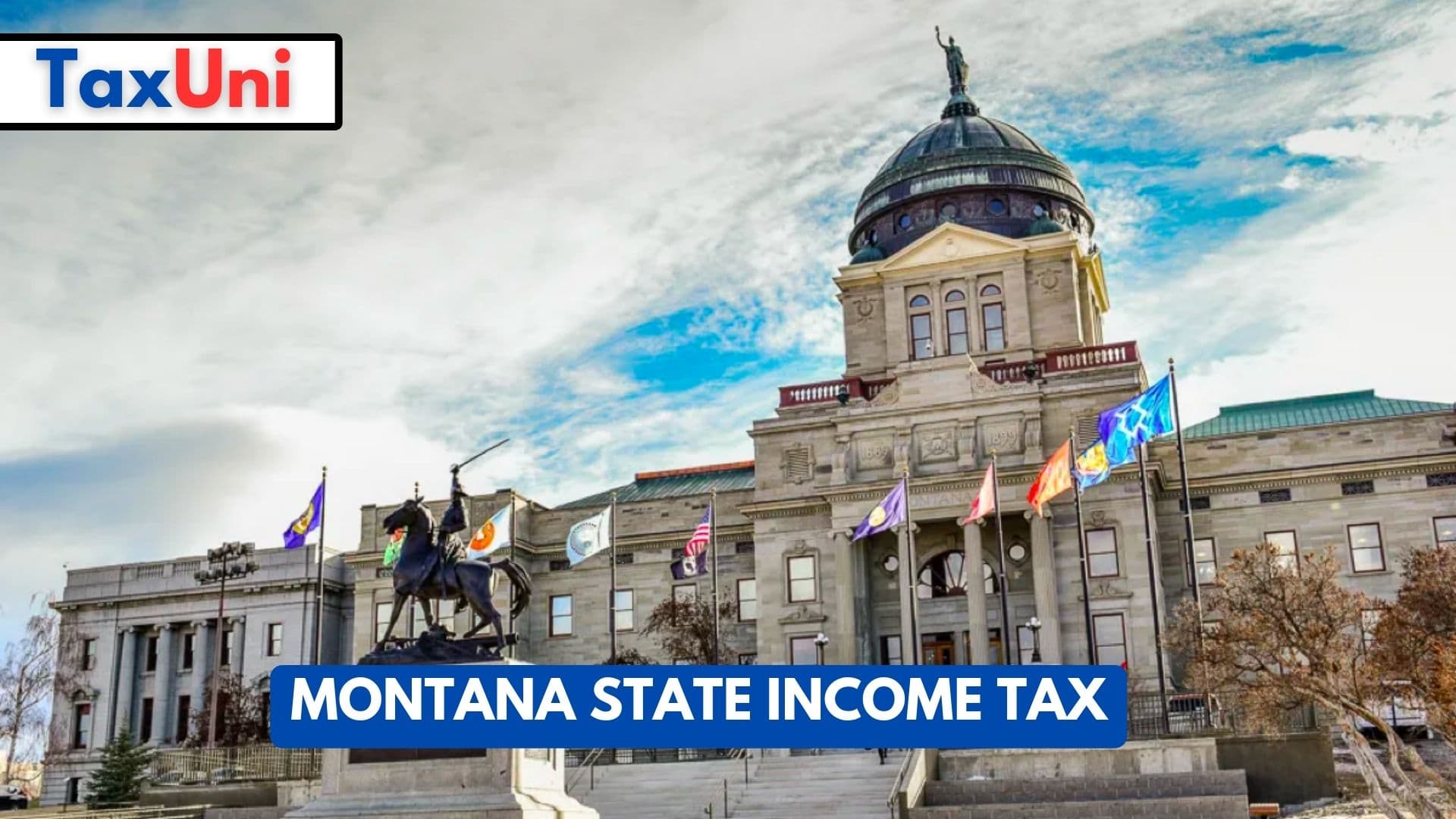Montana State Income Tax
The state income tax in Montana is progressive, meaning that the rates increase as income increases.

Montana Income Tax rate varies from 1% to 6.75% for individuals.The amount you pay in Montana income tax depends on factors like your age, disability, marital status, dependents, and property. It is important to understand how these factors affect your Montana state income taxes and find strategies to help you minimize them.
For example, if you have medical expenses that exceed 7.5 percent of your federal adjusted gross income, you can deduct them from your Montana income tax return. In addition, if you contribute to a Montana Achieving a Better Life Experience (MSA) account, you can reduce your Montana state income taxes by the amount that you deposit into it – up to a limit of $4,500 per year.
Beginning in 2024, Montana’s income tax system will align more closely with the federal system. As a result, your Montana taxable income will be calculated by starting with your federal taxable income and considering any adjustments or itemized deductions you claim on your federal return. The change also includes a provision that makes income from tips subject to Montana tax, which will impact many service-sector workers.
Montana State Income Tax Exemptions
You can subtract tips from your taxable income if you work in the food, beverage or lodging industries. You can claim this subtraction on your Montana return on Line 4 (subtractions). Montana also does not tax social security, unemployment insurance, or workers’ compensation benefits.
To calculate your state income tax, start with your federal adjusted gross income (AGI). Then subtract certain types of non-taxable income from that number, including Social Security benefits, unemployment insurance, state income tax refunds, interest on federal bonds or notes and some pension and active duty military income.
Other deductions available in Montana include the earned income tax credit, which is refundable if you qualify. Also, you can deduct contributions to retirement accounts, such as 401(k)s or 403(b). Since the money that goes into these accounts comes out of your paycheck before taxes are applied, it effectively reduces your taxable income and thus lowers your Montana tax bill.

Montana State Income Tax Due Dates
Montana’s filing and individual income tax payment deadlines align with the federal due dates. Individuals who file a federal extension can also use that same extension to extend their Montana filing date. However, a Montana tax extension does not extend the payment due date. Any additional tax owed (after accounting for estimated payments and withholding) must be paid by the return’s original due date to avoid penalties and interest.
Businesses must file Montana corporate income taxes (Form CIT) by the end of their fiscal year. The due date varies depending on the company’s pay frequency and type of entity. New businesses may be assigned a monthly instalment payment schedule until they’re able to report and pay their first quarterly tax installment.





